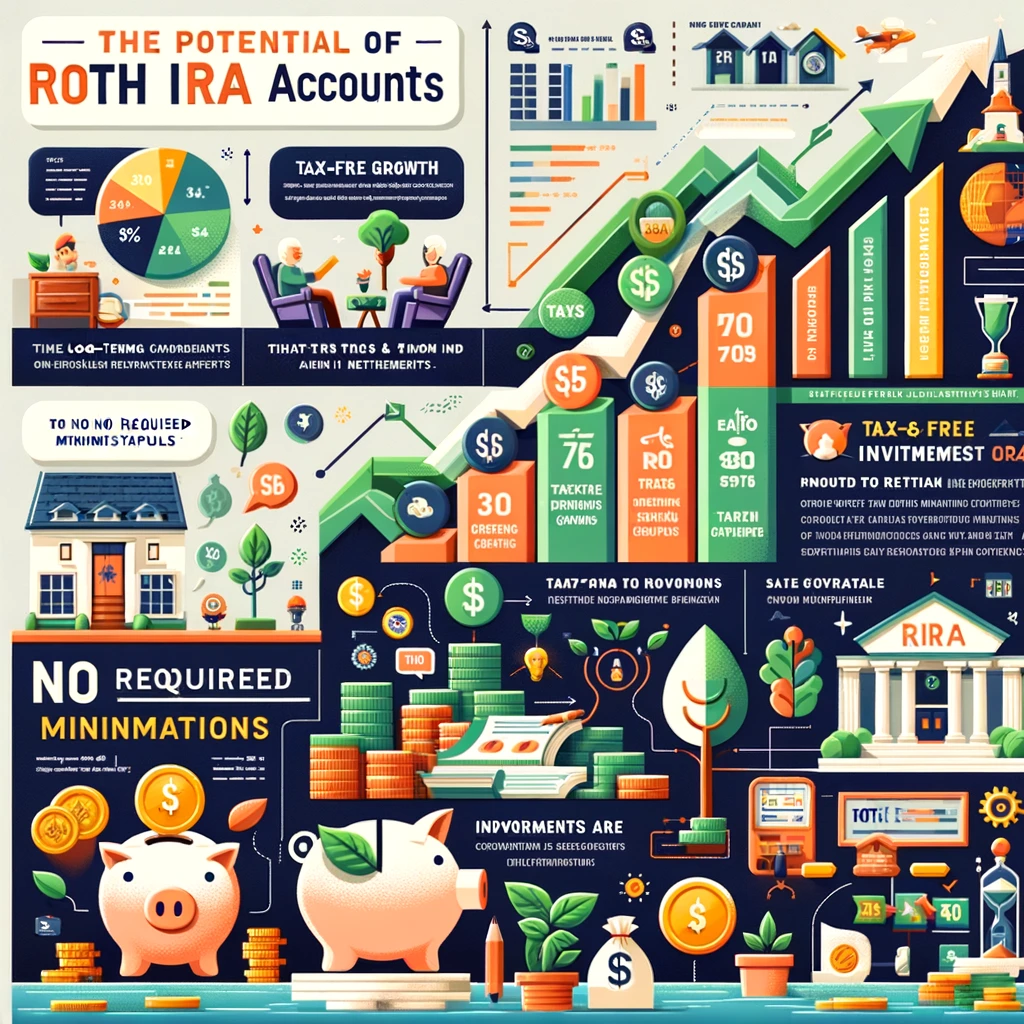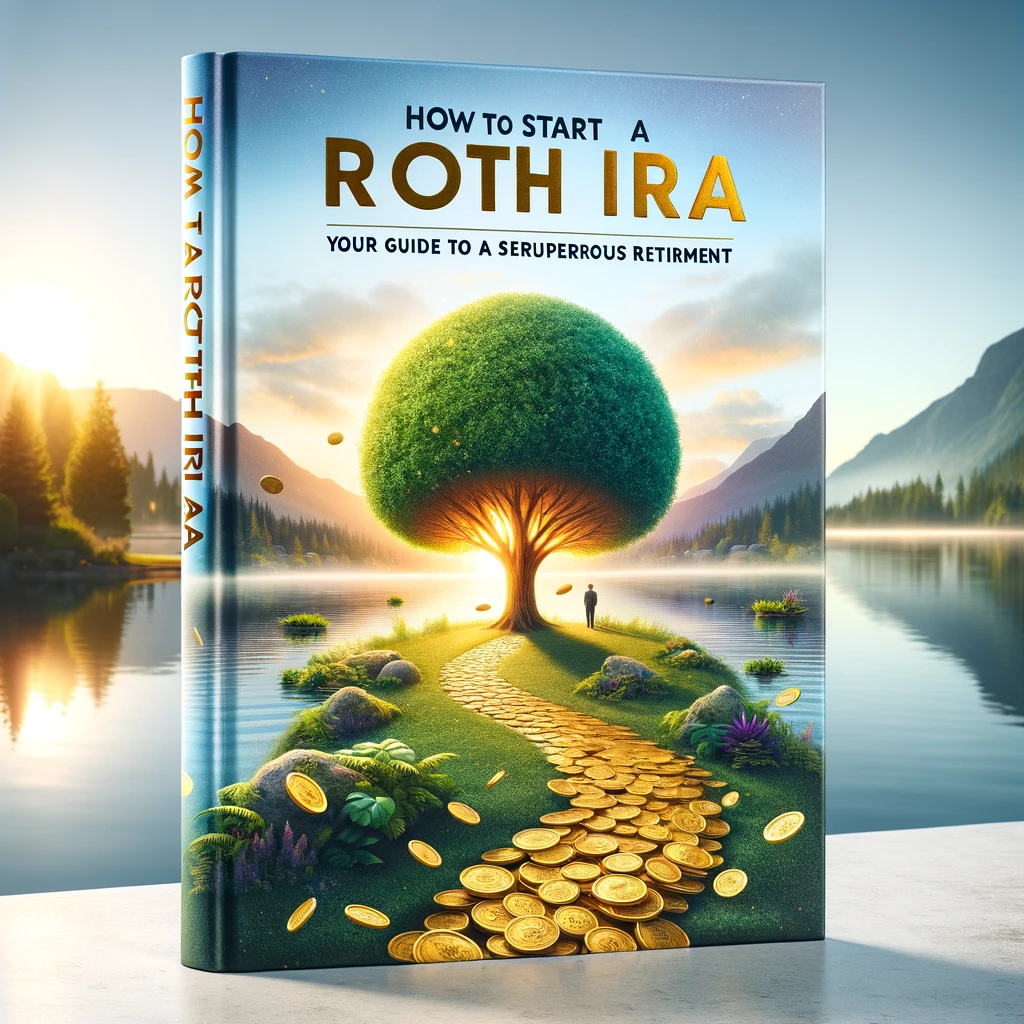Win McNamee | Getty Images news Getty Images
Biden’s tax plan
Generally, Roth accounts make sense if taxpayers think their income tax rate will be higher when they withdraw their retired money.
In that case, it would bring financial benefit if the tax is paid now at a lower rate.
Biden’s tax plan can make Roth’s bills more attractive, especially for wealthy households.
The Biden administration has made it known that it intends to increase taxes for the people whose revenue exceeds $ 400,000 per year to help fund its legislative agenda.
The White House has not officially proposed increases in the book of individual taxes. The administration recently proposed an increase in income taxes to fund the infrastructure measure.
But Biden is expected to propose an increase in the highest income tax rate to 39.6% from the current 37%. That would return the highest rate to the level before the 2017 Tax and Job Reduction Act.
“I think somehow we almost know or we will know by the end of the year [top] the rate will jump from 37% to 39.6%, “he said Robert Keebler, a certified public accountant based in Green Bay, Wisconsin.
Real estate tax
The White House will too probably requires a lower property tax exemption, subjecting wealthier estates to a death tax.
The federal real estate tax of 40% currently applies to property values in excess of $ 11.7 million (or $ 23.4 million for a married couple).
Biden proposed that the threshold be reduced to $ 3.5 million in bequests after death. Senator Bernie Sanders, I-Vt., proposed real estate taxes worth more than $ 3.5 million and amounting to 45%, climbing to 65% for those over a billion dollars.
This is significant in the context of retirement savings. Roth conversion reduces the size of the property by the amount of income tax paid on that conversion.
Wealthy individuals can therefore use the Roth account to reduce the size of their taxable assets and potentially avoid federal property taxes, LaBrecque said. A similar concept applies in states that levy property taxes.
Not just the rich
But Roth accounts may not only benefit the super-rich.
As a presidential candidate, Biden proposed changing the tax treatment of savings in traditional pre-tax 401 (k) accounts, individual pension accounts and other pension accounts.
Savers currently receive a tax deduction that increases for those in higher categories. For example, someone in the 12% category would deduct $ 12 from their taxable income for every $ 100 in savings; someone in the 37% tax bracket would get a $ 37 benefit.
Biden’s plan would instead create a tax credit for pension contributions that means a deduction of 20.5% for all taxpayers, regardless of income, according to the Tax Foundation.
If [larger conversions] make sense of 37%, more will make sense of 39.6%.
Robert Keebler
certified public accountant
That structure would benefit those earning lower. (A taxpayer in the 12% tax bracket would receive, for example, a 20.5% deduction.)
Those who earned the most would now receive the equivalent of a 20.5% tax deduction on their pre-tax savings, but would pay the tax at a higher rate of 37% later.
This dynamic means that it is likely to affect those earning in a tax bracket of 22% or more. This would include taxpayers with about $ 40,500 or more in annual income and married couples earning over $ 81,000.
That reduced tax credit could instead make Roth’s bills more attractive, Keebler said.
Warnings
However, input tax 401 (k) may be useful in the context of other proposals, such as one to increase social security taxes for those earning more than $ 400,000.
Someone over that threshold may be able to avoid a payroll tax increase by using a 401 (k) pre-tax savings to reduce taxable income below $ 400,000.
In addition to Biden’s tax plan, Roth accounts can be useful for other reasons.
For example, they do not ship with minimal distributions. The new rules also mean people who inherit pension accounts must withdraw funds within 10 years. Heirs to traditional accounts would have to pay tax on these withdrawals.
There are warnings for those who want to convert a traditional account to Roth. First, they need cash to pay the associated conversion tax.
It may make sense for those making conversions of modest amounts to wait until the end of 2021, when there is a little more clarity about changes to the tax law, Keebler said. At the moment these are just suggestions and may not become law.
Larger conversions may be best achieved if you make them piecemeal throughout the year – perhaps split between April, July, October and the end of the year, Keebler said.
“For higher conversions, if they make sense of 37%, they will make more sense of 39.6%,” he said.
Taxpayers should also be aware that Roth conversion will increase their taxable income and could potentially push them into a higher tax bracket.
There are also revenue limits for Roth IRA contributions. Taxpayers are prohibited from making any contributions if their modified adjusted gross income this year exceeds $ 140,000. (That’s $ 208,000 for joint married applicants.)
Revenue limits do not apply to Roth conversion or 401 (k).






